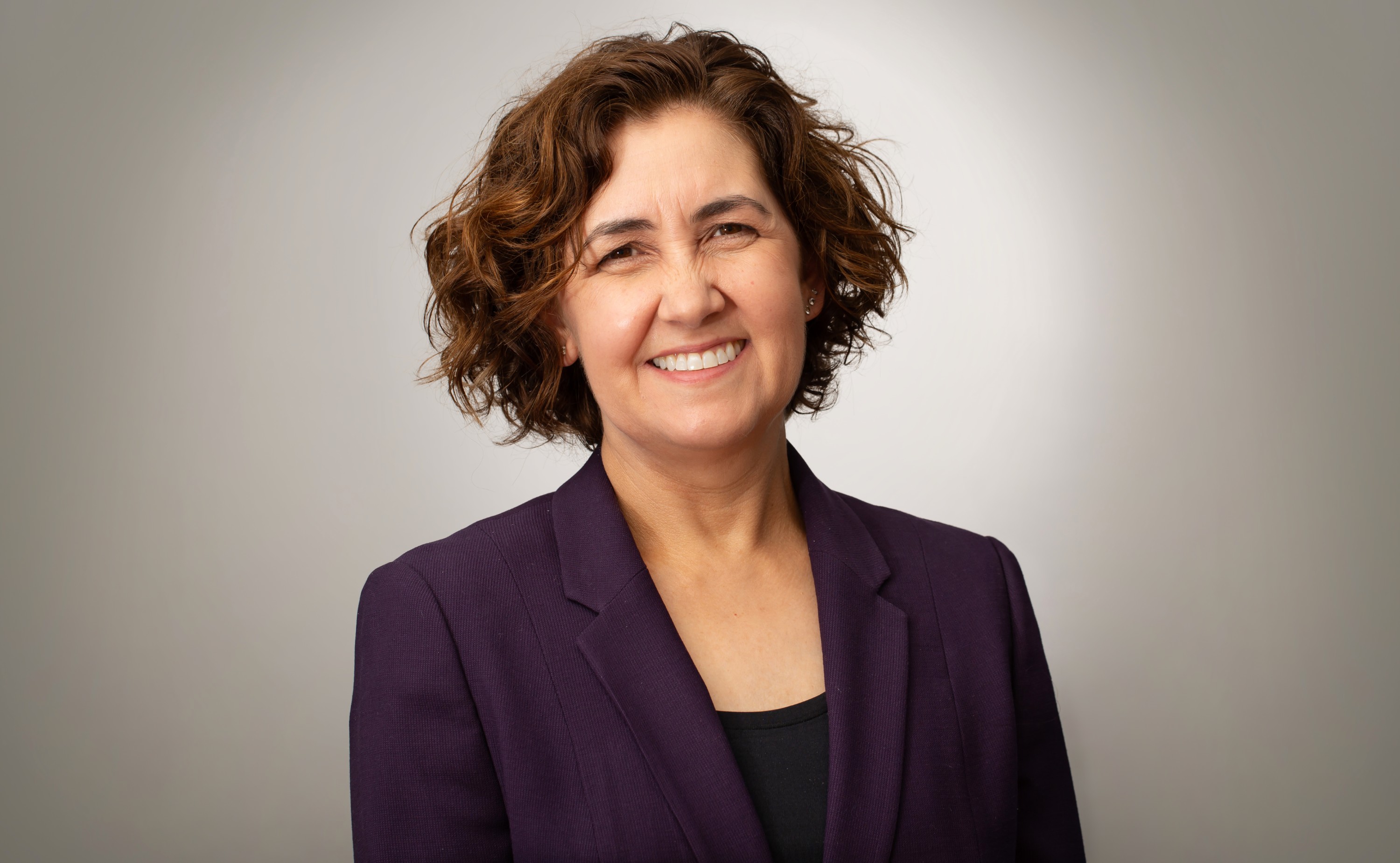A renowned expert is joining the University of Alberta to research a critical underlying defect in all types of diabetes, with the goal of improving treatment, thanks to support through the Canada Excellence Research Chairs program.
The appointment of Rebecca Hull-Meichle as Canada Excellence Research Chair in the Islet Microenvironment establishes a world-leading research program at the U of A, aimed at better understanding pancreatic islet cells.
Adequate insulin production in the body is crucially dependent on interactions between the different kinds of cells within the islet and the environment in which they exist. Hull-Meichle’s work will focus on understanding those interactions, how they contribute to diabetes and how they could be leveraged to develop improved approaches for treatment and prevention.
The opportunity to collaborate with leading diabetes researchers at the U of A will move her work forward in invaluable ways, says Hull-Meichle, who will be based in the Faculty of Medicine & Dentistry and the Alberta Diabetes Institute.
“I’m so delighted to be part of this amazing research community,” she says. “The intersection between my work, the expertise of the Alberta Diabetes Institute and the resources of the Canada Excellence Research Chair puts us in the best place to help people living with diabetes.”
A leading expert in islet biology and diabetes research, Hull-Meichle is currently a professor of medicine at the University of Washington and VA Puget Sound Health Care System, and program director of the Diabetes and the Islet Program at the University of Washington Medicine Diabetes Institute. Her exploration of the role of the islet microenvironment in diabetes encompasses an extensive body of work, including more than 70 published papers.
Hull-Meichle’s work as Canada Excellence Research Chair “fills an important need to understand how insulin production by islet cells is influenced by their surroundings and the other cells they interact with,” says U of A diabetes researcher Patrick MacDonald, who will be a key collaborator.
“This research is critical, as we increasingly come to realize that the structures in the environment of the pancreas have a very important influence on islet health,” he notes.
Building on her past research and using her specialized knowledge, Hull-Meichle will lead in-depth work exploring the role of blood vessels in the pancreas and their effect on islet cell function and survival.
“This work can help us understand whether this vasculature is a place we can target therapies that haven’t been used before in treating diabetes,” she says.
By determining whether existing drugs can be repurposed for treatment, and by leveraging nanotechnology already being used at the U of A for personalized medicine, Hull-Meichle is focused on research that will lead to better therapies.
“We may, for example, be able to use nanoparticles to target drugs just to the part of the body we want to treat.”
She will also study why many people with cystic fibrosis (CF) — a disease that affects the lungs and several other organs in the body — also have very high rates of diabetes. While therapies have evolved for CF, “these drugs are not changing the course of diabetes in this population,” Hull-Meichle notes.
Her work will include the first comprehensive analysis of the pancreas in people with CF, to explore how those cells communicate with each other.
“That information will be transformative in understanding how to help decrease the burden of diabetes for those already dealing with CF,” she says, “and we hope to learn more about helping people with more common forms of diabetes.”
Building on the work of the Edmonton Protocol — a groundbreaking islet transplant program — and partnering with the U of A’s extensive network of diabetes experts “provides me with amazing opportunities to be right at the heart of islet research,” she adds.
Tapping into existing innovative programs such as the Alberta Diabetes Institute’s IsletCore will advance her work by providing extensive access to islet cells for research.
Along with that, she’s excited to pursue new opportunities with other U of A researchers such as Lara Mahal, another Canada Excellence Research Chair, who studies how glycans, or sugars, contribute to human health and disease. Hull-Meichle hopes to extend that type of exploration to the pancreas.
“We can bridge our areas of expertise and together provide new knowledge for the field.”
She is also eager to work with other Canadian researchers through the Canadian Islet Research and Training Network, co-founded by the Alberta Diabetes Institute.
“The network brings together diverse experts in their field; I’ll be able to bring my work to what other researchers are already working on, and collaborate with them. That’s going to be critically important to my studies.
“The team science environment — at the U of A and the Alberta Diabetes Institute, and across Canada — really is powerful,” she adds.
Along with Hull-Meichle, the U of A also welcomes two more new recipients of the prestigious national chairs: Kalyan Das, Canada Excellence Research Chair in Antiviral Drug Design, and Shinichi Nakagawa, Canada Excellence Research Chair in Open Science and Synthesis in Ecology and Evolution. All of them begin their appointments in 2024.
The U of A now has seven current or past Canada Excellence Research Chairs, including virologist Michael Houghton, who shared the Nobel Prize in Physiology or Medicine in 2020 after coming to the U of A as one of the inaugural chairs in 2010.
Launched in 2008, the Canada Excellence Research Chairs program awards world-renowned researchers and their teams up to $8 million over eight years to establish ambitious research programs at Canadian universities.
This appointment was made possible thanks to support from the University Hospital Foundation.
